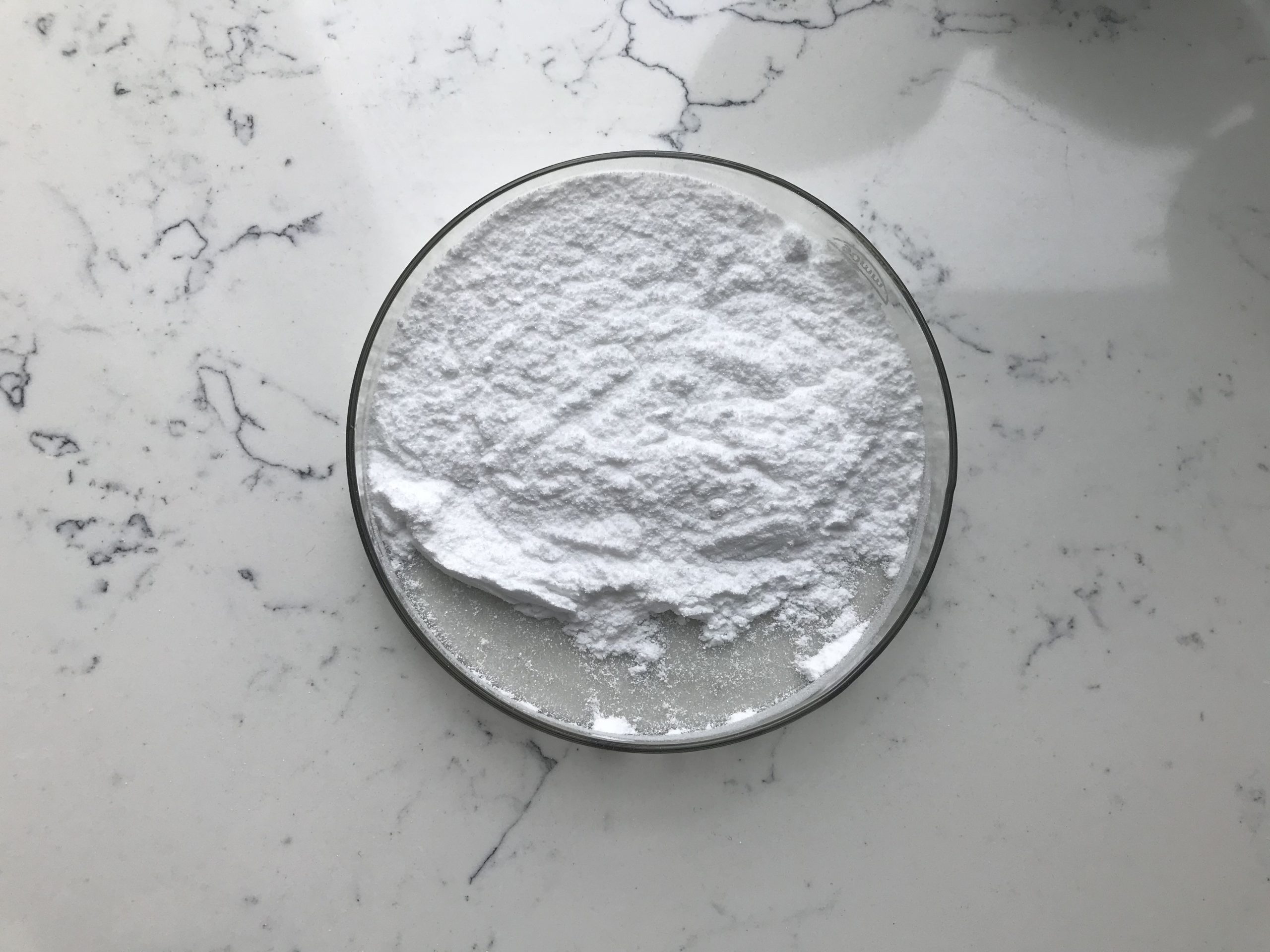L-theanine is a naturally occurring amino acid primarily found in tea leaves, especially in green tea. It’s commonly used for its calming effects and potential cognitive benefits. Here’s an overview of its effectiveness, side effects, and precautions:
Effectiveness of L-Theanine:
- Promotes Relaxation and Reduces Stress: L-theanine is known for its calming effects without causing sedation. It may help reduce stress and anxiety, potentially improving mood and promoting relaxation. It is often used to counterbalance the stimulating effects of caffeine, which is why it’s common in tea blends.
- Improves Focus and Cognitive Function: Some studies suggest that L-theanine, particularly in combination with caffeine, can improve attention, focus, and cognitive performance. It may enhance mental clarity and alertness without the jitteriness that caffeine alone can cause.
- Improves Sleep Quality: While not a sedative, L-theanine may improve sleep quality by promoting relaxation and reducing anxiety. It’s typically used as a sleep aid in low doses, as it does not cause drowsiness during the day.
- Neuroprotective Effects: There is emerging evidence that L-theanine may have neuroprotective effects, potentially improving brain health and helping to protect against neurodegenerative diseases, although more research is needed in this area.

Side Effects of L-Theanine:
L-theanine is generally considered safe when consumed in moderate amounts. However, there are a few potential side effects, though they are rare:
- Drowsiness: In some individuals, L-theanine might cause drowsiness or mild sedation, especially in higher doses.
- Gastrointestinal Issues: In some cases, L-theanine may cause mild stomach upset, nausea, or other gastrointestinal discomfort.
- Headaches: Although uncommon, some users report headaches after taking L-theanine, possibly due to its interaction with caffeine or other substances.
Special Precautions of L-Theanine:
- Pregnancy and Breastfeeding: There isn’t enough reliable information to know if L-theanine is safe during pregnancy or breastfeeding, so it’s best to consult a healthcare provider before use.
- Medications and Health Conditions: L-theanine may interact with certain medications, especially those related to the central nervous system, such as sedatives, stimulants, or medications for anxiety. Always check with a healthcare provider before starting L-theanine if you are on medication or have a medical condition.
- Low Blood Pressure: L-theanine has been shown to promote relaxation and potentially lower blood pressure in some people. If you have low blood pressure or are taking medication to lower blood pressure, consult a healthcare professional before using L-theanine.
- Children: L-theanine is generally considered safe for children, but due to limited research on long-term use, it’s best to consult with a pediatrician before giving it to children, especially in supplement form.

Dosage:
- General Dose: Typical dosages range from 100 to 200 mg per day. For relaxation, lower doses may be effective, while higher doses may be more beneficial for sleep or anxiety.
- Combination with Caffeine: Many people combine L-theanine with caffeine (in a 2:1 ratio of L-theanine to caffeine, such as 200 mg of L-theanine with 100 mg of caffeine) to improve focus and reduce jitteriness associated with caffeine.
As with any supplement, it’s important to start with a lower dose and observe how your body reacts before gradually increasing it. Always consult a healthcare provider if you have concerns about interactions with other medications or conditions.
